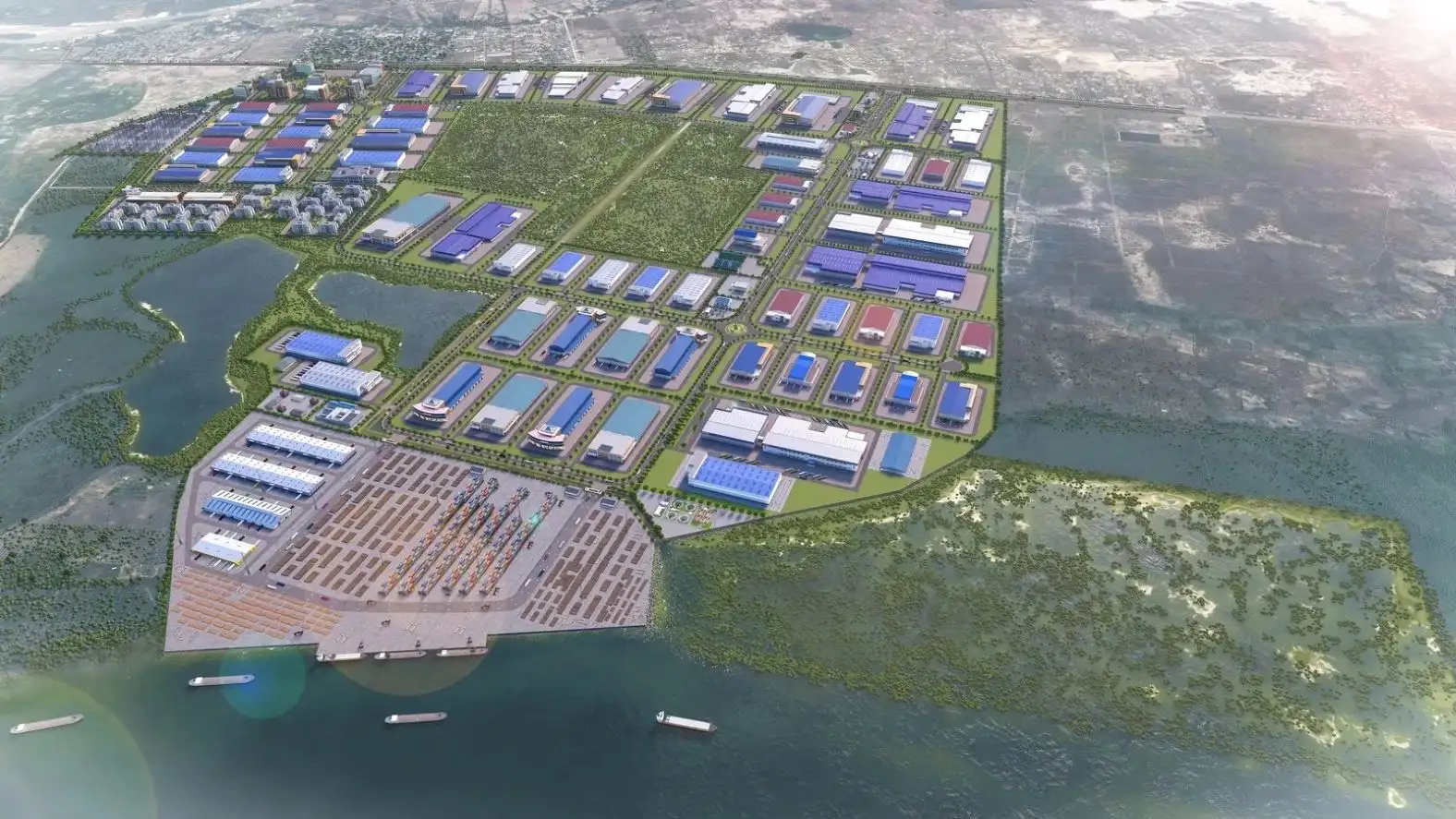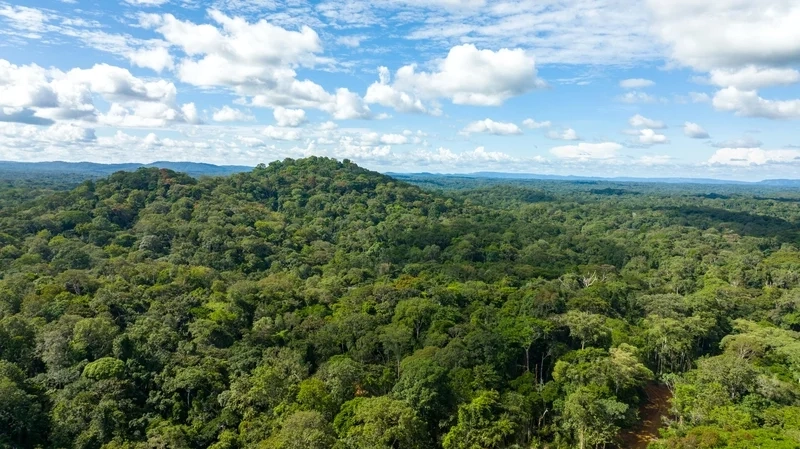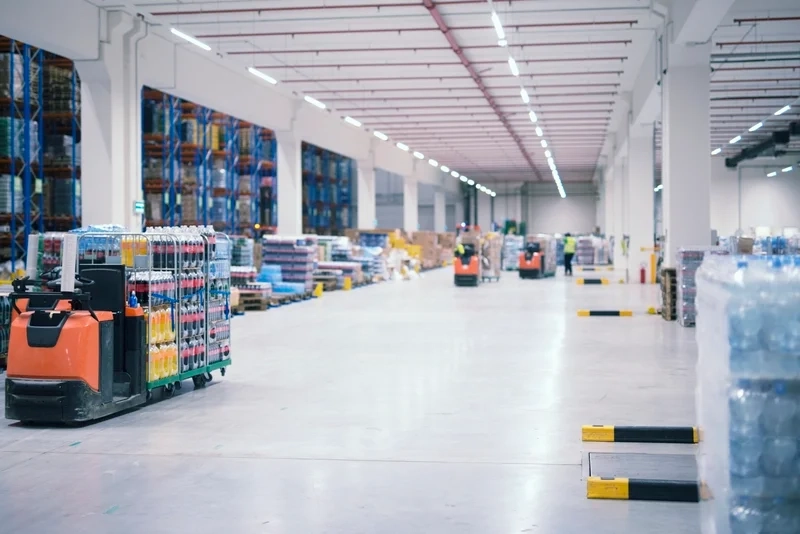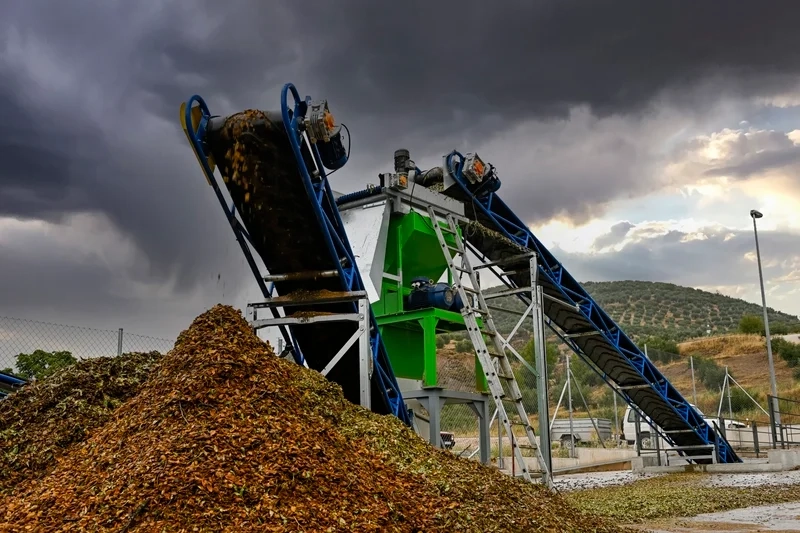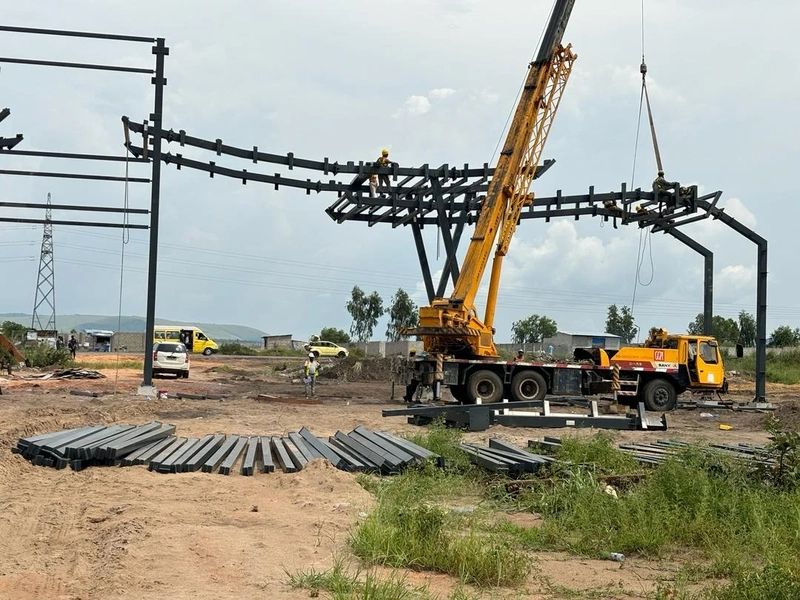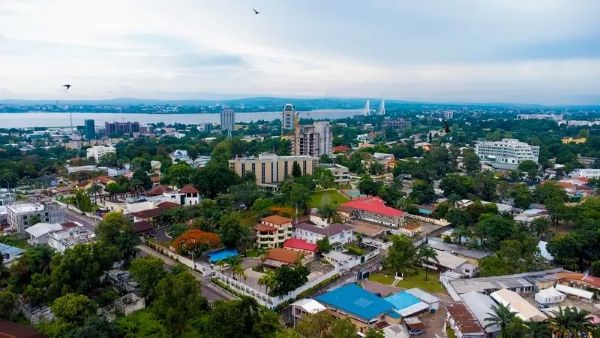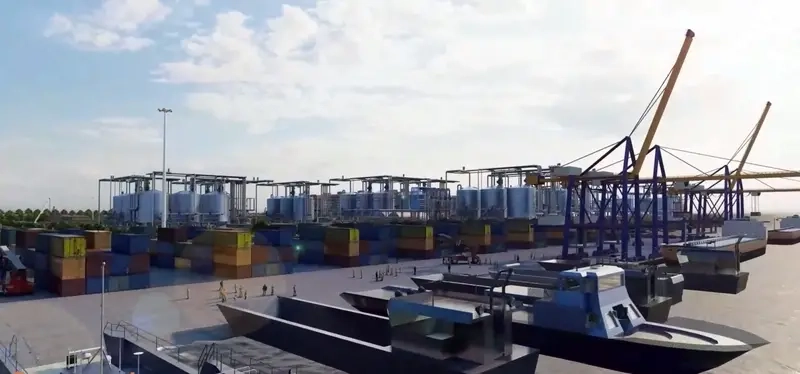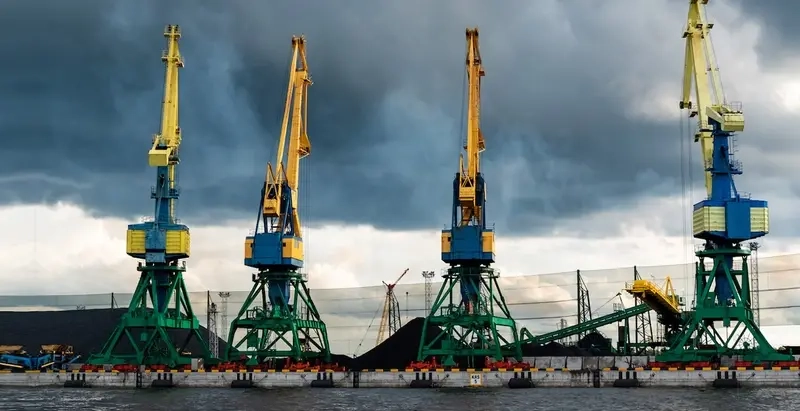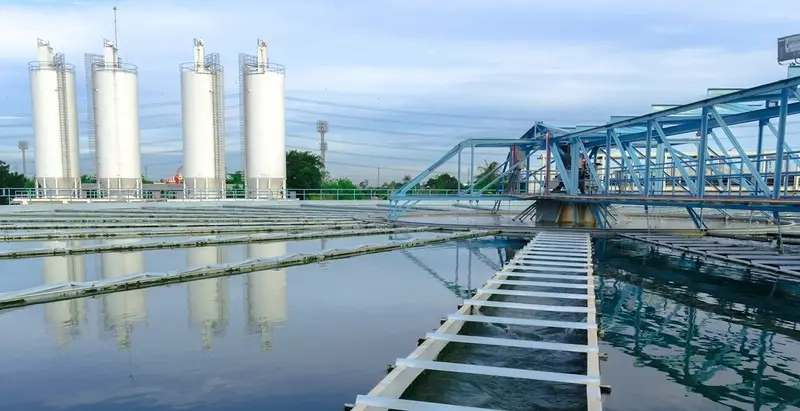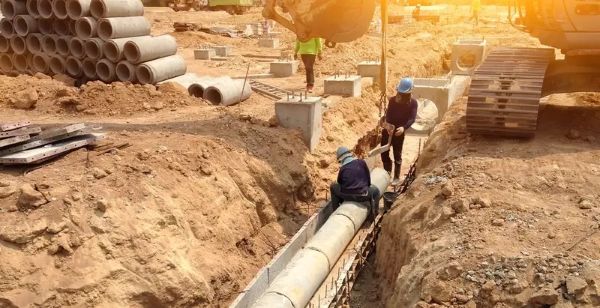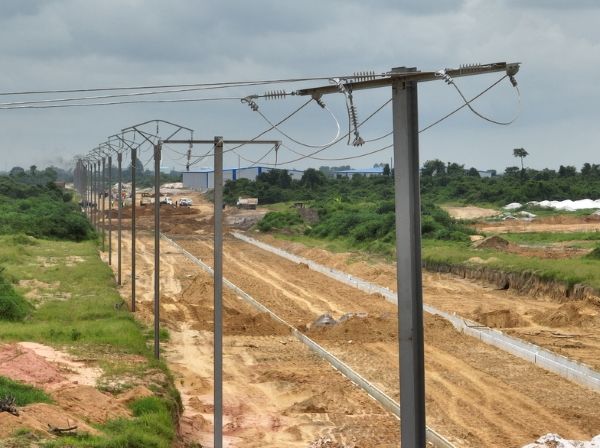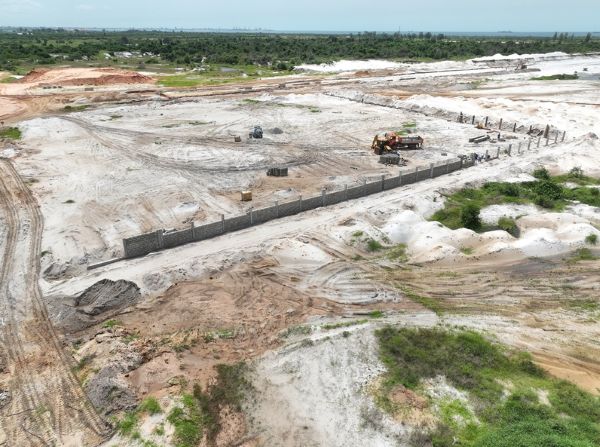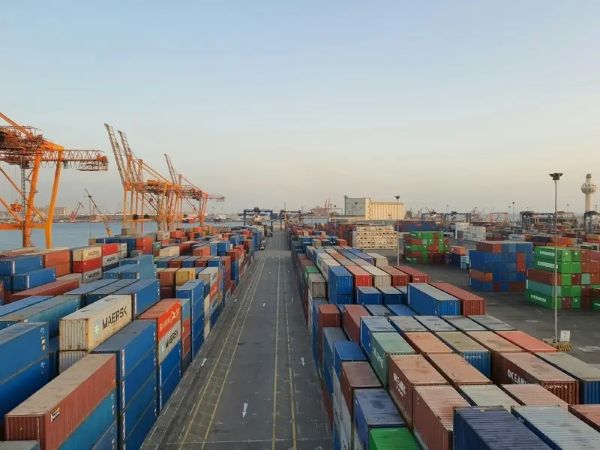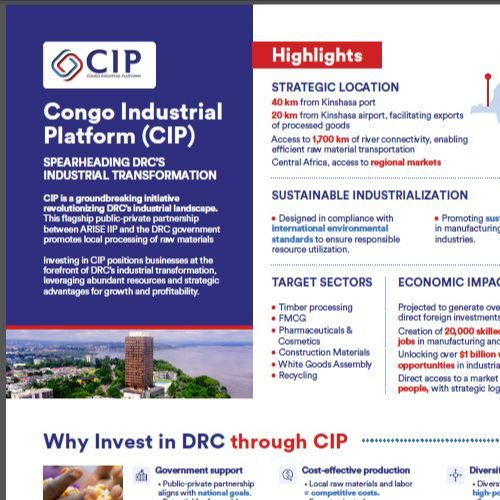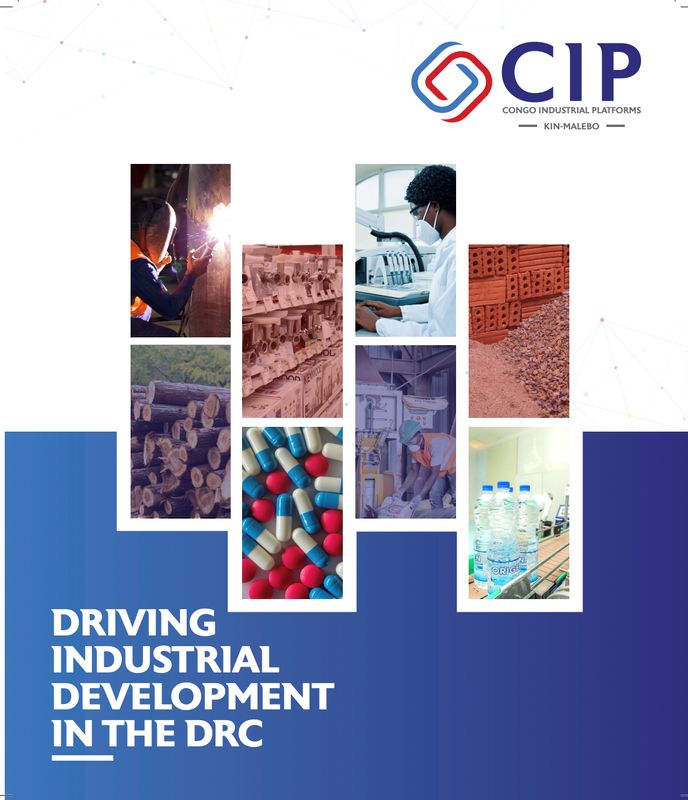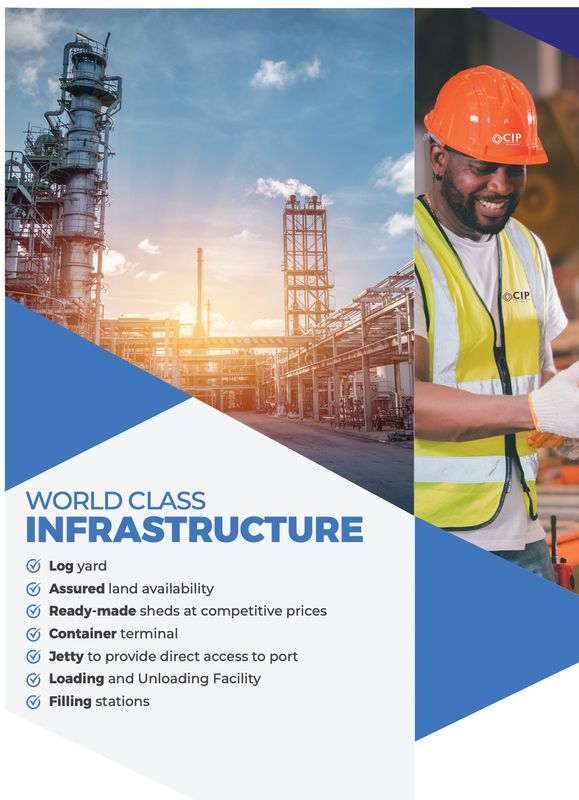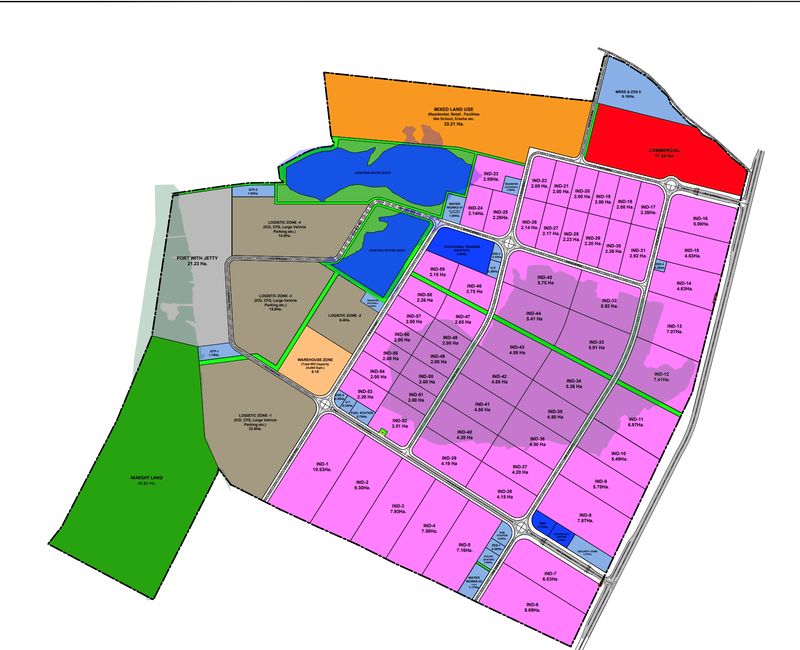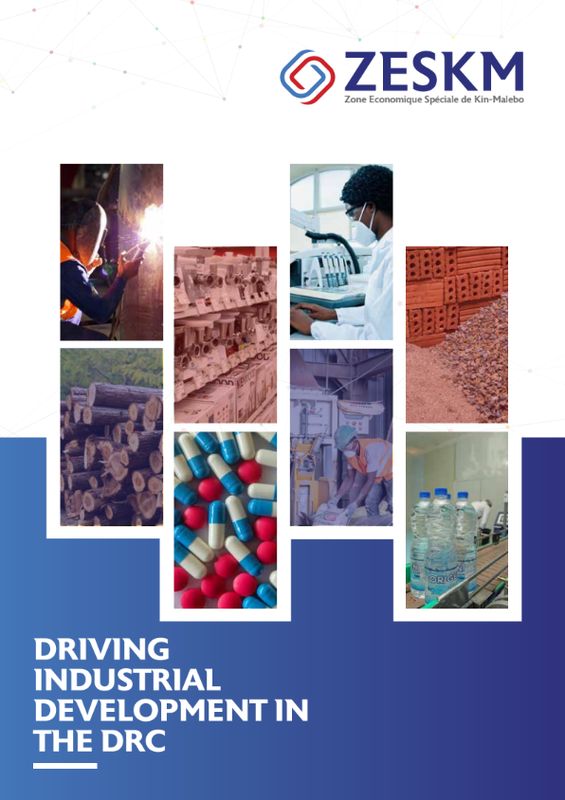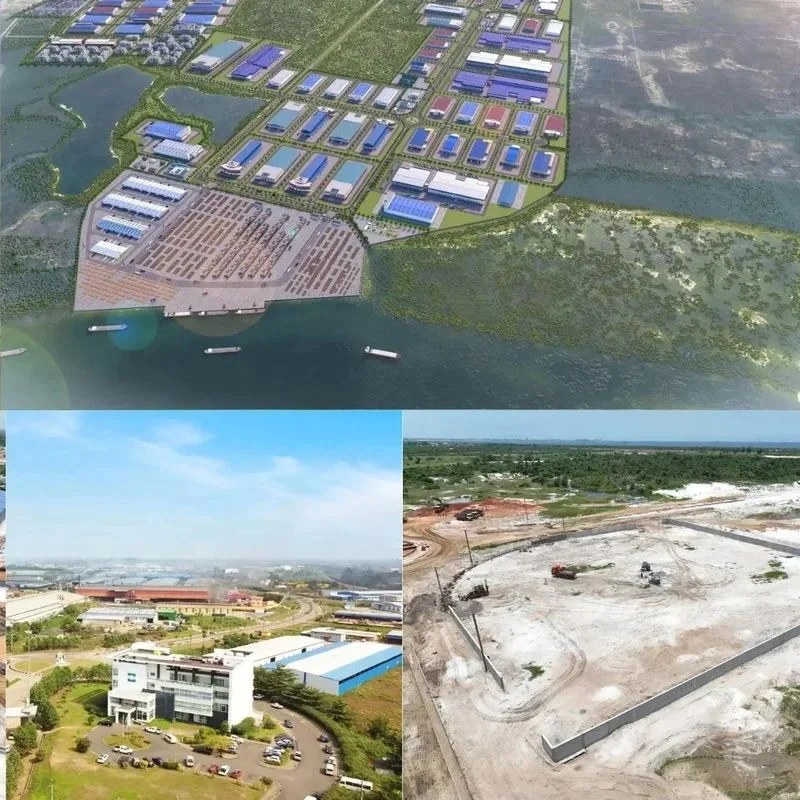What are the location benefits for setting up business in ZESKM special economic zone?
• Port of Kinshasa/Railway Station: Strategically situated 40 km away, our Special Economic Zone (SEZ) offers direct access through a jetty. This proximity facilitates seamless transportation and trade connections.
• RN1 Motorway: Our SEZ is directly accessibly (0km) through the RN1 Motorway, ensuring efficient road connectivity for businesses and logistics.
• International Airport: A mere 20 km from our location, the International Airport of N’Djili provides swift access for international travel and business operations.
• River Connectivity: With an extensive 1700 km of river connectivity to the hinterland, our SEZ opens up vast opportunities for trade, and distribution.
What is the ZESKM Zone in the Democratic Republic of the Congo (DRC)?
The Zone Économique Spéciale de Kin-Malebo (ZESKM) is the DRC's premier state-of-the-art industrial zone. It is designed to attract and support businesses across various sectors by providing world-class infrastructure, strategic location, and comprehensive support services. The zone is a hub for industrial activities, facilitating efficient production and trade.
Why should I consider setting up a business in the ZESKM Zone?
The ZESKM Zone offers numerous advantages for businesses, including access to over $1 billion worth of untapped opportunities in one of Africa's largest and most resource-rich countries. By setting up in the ZESKM Zone, businesses can capitalize on the growing demand for goods and services in the DRC and the broader Central African region.
What sectors are ideal for investment in the ZESKM Zone?
The ZESKM Zone is ideal for a wide range of sectors, including manufacturing, mining, agro-processing, logistics, energy, and construction materials. The DRC's abundant natural resources, combined with the zone's advanced infrastructure, make it an attractive location for these industries.
What are the key benefits of operating within the ZESKM Zone?
Businesses in the ZESKM Zone benefit from world-class infrastructure, including reliable power supply, water, waste management, and logistics services. The zone also offers tax incentives, streamlined regulatory processes, and access to a skilled labor force. Additionally, its strategic location provides easy access to domestic and regional markets.



